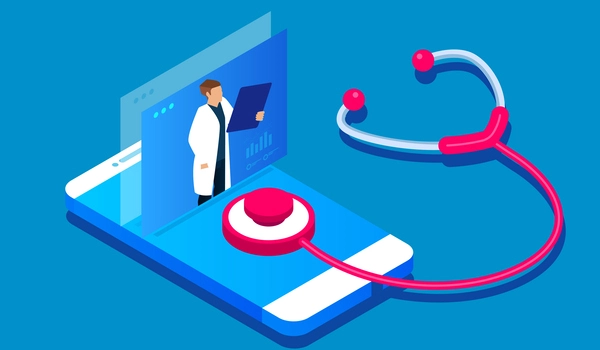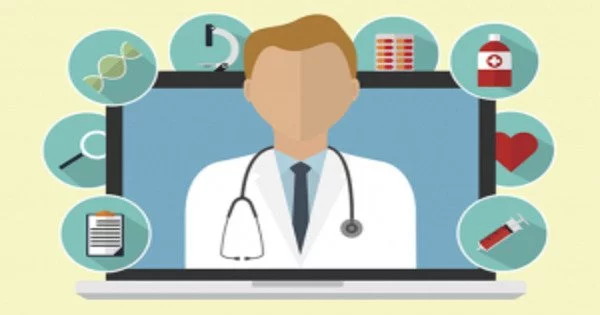Telemedicine is the process of providing health care over a long distance using technology, most commonly videoconferencing. It is the use of telecommunications technology (mostly videoconferencing and phone calls) to provide psychiatric care to people suffering from mental illnesses. It is a subset of telemedicine, can include psychiatric evaluations, therapy (individual therapy, group therapy, and family therapy), patient education, and medication management.
Direct interaction between a psychiatrist and a patient is possible with telepsychiatry. It also includes psychiatrists who provide mental health care consultation and expertise to primary care providers. Live, interactive communication can be used to deliver mental health care. It may also entail capturing medical data (images, videos, etc.) and transmitting it to a remote location for later review.
Definition
Telepsychiatry, also known as telemental health, refers to the use of telecommunications (videoconferencing, voice calls, and text messages) to deliver mental health services from a distance. This can include a wide range of services ranging from traditional therapy (individual, group, and family) to psychiatric evaluations and medication management. Telemental health is a subset of telemedicine, which is the process of delivering medical services through the use of telecommunications technology.

Advantages
Telepsychiatry can be useful in treating people with mental illnesses. It can be as acceptable and effective as face-to-face care in the short term. It may improve access to mental health services for some people, but it may also be a barrier for others who do not have access to a suitable device, the internet, or the necessary digital skills. Poverty, which is associated with a lack of internet access, is also associated with a higher risk of mental health problems, making digital exclusion an important issue for telemental health services.
Telepsychiatry can be used for a variety of mental health services, including diagnosis, medication management, psychotherapy, and crisis intervention. It has been shown to be as effective as in-person care for many mental health conditions, and it can be especially beneficial for individuals who have limited access to mental health services due to geographic, financial, or other barriers.
During the COVID-19 pandemic, high-income countries’ mental health services were adapted to telemental health. Although it proved effective and acceptable for use in an emergency, there were concerns about its long-term implementation.
However, telepsychiatry also presents some challenges, such as ensuring patient privacy and confidentiality, maintaining a therapeutic relationship without physical presence, and addressing technical issues. Mental health professionals who provide telepsychiatry services need to receive specialized training to effectively deliver care remotely.
Overall, telepsychiatry has the potential to improve access to mental health care and reduce disparities in mental health outcomes, but it is important to carefully consider the benefits and limitations of this approach and to implement it in a responsible and ethical manner.
















